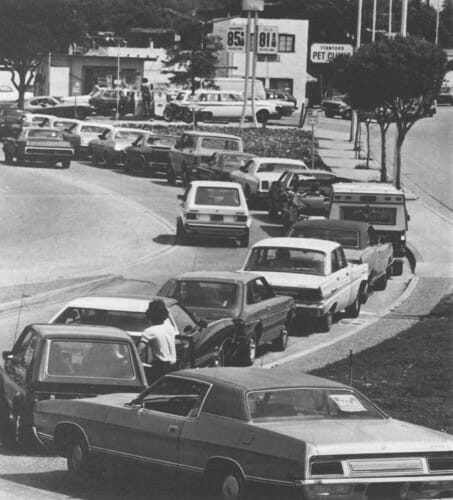Universities are Farther Left Than I Remembered
It is not at all surprising that an Ivy League University professor does not recognize a difference between rationing by individual choice based on price signals and rationing based on government mandate. What is surprising to me is that I remember this particular professor, Uwe Reinhardt, as the only person who would ever take the free market side of campus debates. Kind of depressing. I guess he must have seemed free market just by contrast, or else he has evolved a bit. Is it ironic to anyone else that radicalism of the 1960s, which purported to be based on individualism and freedom, has led to campuses where it is normal not to even consider individual liberty as part of a public policy equation? It just reinforced my sense that no one really wants to get rid of "the man," they just want to be "the man" themselves.
In particular he writes:
As I read it, the main thrust of the health care reforms espoused by President Obama and his allies in Congress is first of all to reduce rationing on the basis of price and ability to pay in our health system
We actually have plenty of examples of the government ending rationing by price and ability to pay. Gas price controls in the 1970s are one very good example. Anyone remember the result?
Or more recently in China, where gas prices were controlled well below world market levels:

We substituted gas rationing by willingness to pay the posted price with gas price rationing by ability to waste four hours of one's day sitting in lines. (I had never thought of this before, but there must be some interesting economic implications of preferentially routing fuel to those least likely to have a full-time job).
Perhaps worse, Reinhardt equates criticism of the current health care system ( and particularly its productivity) with support for socialization of the system. Really? There are perfectly valid free market reasons to criticize health care, where any number of government policy decisions over the years have disrupted the efficacy of price signals and created terrible incentives.
More here from Doug Bandow of Cato
Postscript: Farther left? Further left? Sorry, I try, but your scribe is an engineer at heart and sometimes struggles with the native tongue. When I was in fourth grade, I remember doing a battery of achievement tests, and getting 99+ percentile scores on every test but spelling, where I got something like a 25th percentile. I think this score put me down mostly with kids for whom English is a second language (or maybe even worse, with Russian kids for whom ours is a second alphabet). Only technology in the form of spell-checkers has bailed me out of my personal handicap.

I wonder if the time wasted waiting for treatment or care in Canada and other places is ever added into the total cost of the system.
Regarding "farther" and "further"--
Farther and further are basically the same.
What hammeng said.
I think you write splendid prose, btw - lucid, vigorous, clear. If you hadn't told us of your infirmity, I'd never have guessed
I'm not sure this is about left and right so much as the art of bullshitting. We see this done in other situations. For example, you may mention that you're against something like light rail project XYZ because of it's costs, so they'll say "but roads cost so much more". Or if you mention you oppose T. Boone Pickens project because of subsidies they'll come back and say "but oil gets subsidies too". In this case Uwe is cynically stretching the meaning of rationing to argue "but they're both the same so let's just have the government do it".
Why are we obsessed with sending our kids to the "right" college. I tell my oldest that the Ivies matter if you want to make the right connections to make it in some fields. Beyond this, the quality of education can vary a lot.